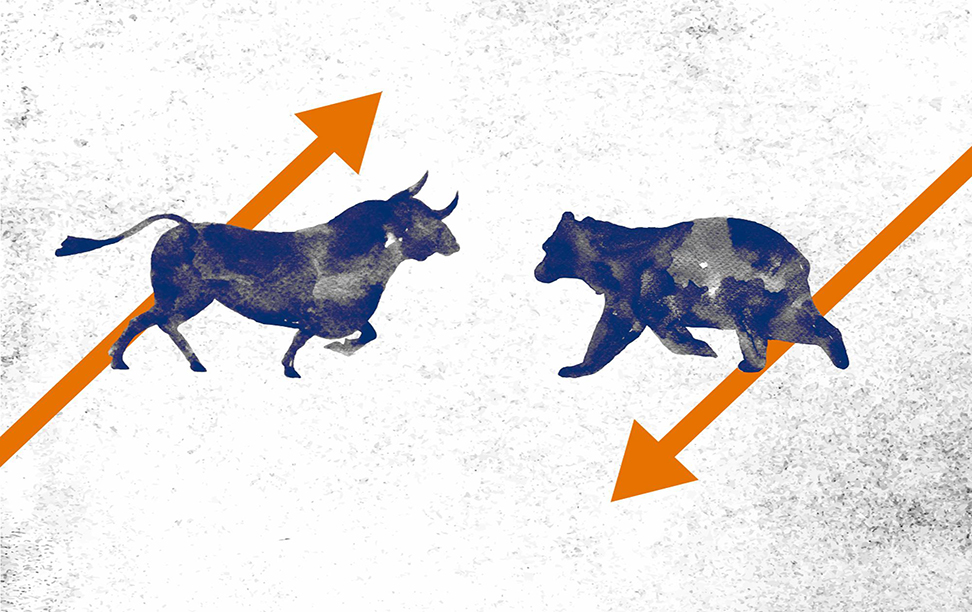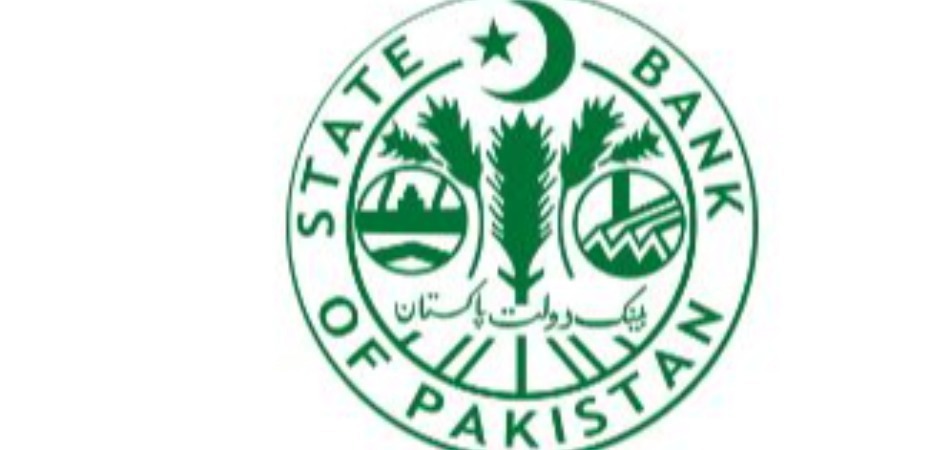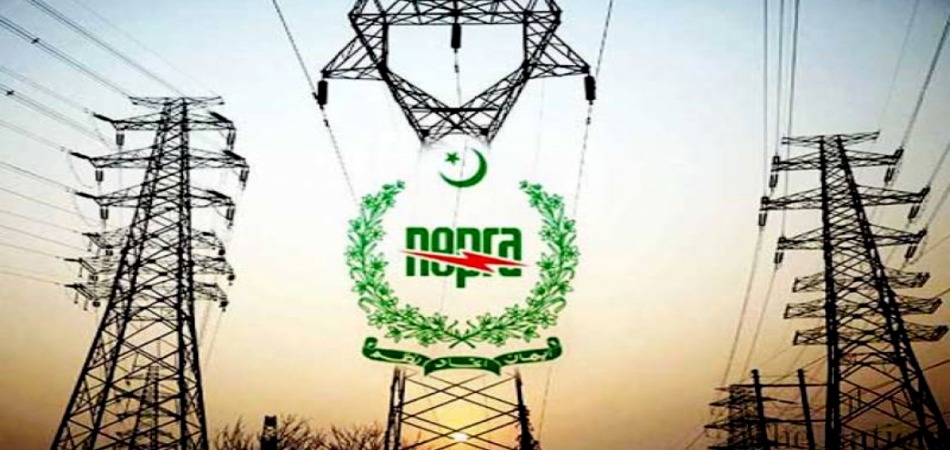Economic Intelligence Unit revises up inflation forecast for 2019

By MG News | August 19, 2019 at 04:38 PM GMT+05:00
August 19, 2019 (MLN): The Economic Intelligence Unit (EIU) has revised its inflation forecast for 2019, predicting that the consumer prices will increase by 9.1% on average while the producer price will increase by 12.1% on average.
One of the major forces responsible for driving up inflation will be the weak exchange rate which result in pricier imports.
The depreciatory trend in the local currency against the US dollar has remained in place in 2019. The Pakistan rupee has lost over 50% of its value against the US dollar in a series of step depreciations that began in November 2017.
Under the IMF programme, EIU expects Pakistan to undertake reforms at the State Bank of Pakistan (the central bank), switching to a more lightly managed exchange-rate regime that is more reflective of market demand for the local currency.
However, this will not be a free-float regime, as the central bank's governor, Reza Baqir, made clear during a press conference in mid-June.
The central bank will therefore continue to operate a managed exchange-rate regime and will have some influence over the rupee's depreciatory trend. In view of the wide current-account deficit, this will provide a greater degree of control than would have been the case under a floating exchange-rate system.
Having established this much, the EIU continues to expect the government’s efforts to address balance-of-payments pressures will have a dampening effect on economic expansion.
“We believe that the combination of a heavier tax burden across the economy and weaker government spending on public services will dampen economic activity,” said the report.
Moreover, high inflationary pressure will weigh on the purchasing power of citizens, thereby depressing consumption growth. These factors, combined with a tightening of monetary policy, will hamper investment and economic growth.
“We forecast real GDP to grow by 2.5% in 2019/20. Growth is likely to recover at a very gradual pace in the rest of the forecast period. Overall, we expect real GDP to grow annually by 2.8% on average in 2020/21-2022/23,” deduced the EIU.
The Unit also expect the ruling coalition, led by the PTI, to suffer in the next few years as it strives to meet the conditions of a three-year IMF programme that was approved in July.
According to a report on Pakistan’s outlook, a rise in the cost of living and increases in the tax burden will be key sources of disenchantment among the voter base of the Prime Minister, Imran Khan.
On the other hand, they expect ties with India to remain under the radar throughout the incumbent government’s remaining term, predicting the cross-border tension and sovereignty dispute over Kashmir to remain a major hindrance in revival of relations.
However, the EIU does not expect the two countries to engage in a full-fledged military conflict since both sides are nuclear powers, and will be wary of miscalculations that could accidentally result in the catastrophic use of such weapons.
Copyright Mettis Link News
Related News
| Name | Price/Vol | %Chg/NChg |
|---|---|---|
| KSE100 | 125,627.31 258.99M |
1.00% 1248.25 |
| ALLSHR | 78,584.71 1,142.41M |
1.16% 904.89 |
| KSE30 | 38,153.79 69.25M |
0.63% 238.06 |
| KMI30 | 184,886.50 91.38M |
0.01% 13.72 |
| KMIALLSHR | 53,763.81 554.57M |
0.54% 290.61 |
| BKTi | 31,921.68 33.15M |
1.78% 557.94 |
| OGTi | 27,773.98 9.65M |
-0.40% -112.21 |
| Symbol | Bid/Ask | High/Low |
|---|
| Name | Last | High/Low | Chg/%Chg |
|---|---|---|---|
| BITCOIN FUTURES | 107,995.00 | 109,565.00 107,195.00 |
510.00 0.47% |
| BRENT CRUDE | 66.62 | 67.20 65.92 |
-0.18 -0.27% |
| RICHARDS BAY COAL MONTHLY | 97.00 | 97.00 97.00 |
1.05 1.09% |
| ROTTERDAM COAL MONTHLY | 107.65 | 107.65 105.85 |
1.25 1.17% |
| USD RBD PALM OLEIN | 998.50 | 998.50 998.50 |
0.00 0.00% |
| CRUDE OIL - WTI | 64.98 | 65.82 64.50 |
-0.54 -0.82% |
| SUGAR #11 WORLD | 16.19 | 16.74 16.14 |
-0.52 -3.11% |
Chart of the Day
Latest News
Top 5 things to watch in this week
Pakistan Stock Movers
| Name | Last | Chg/%Chg |
|---|
| Name | Last | Chg/%Chg |
|---|



.jpg)